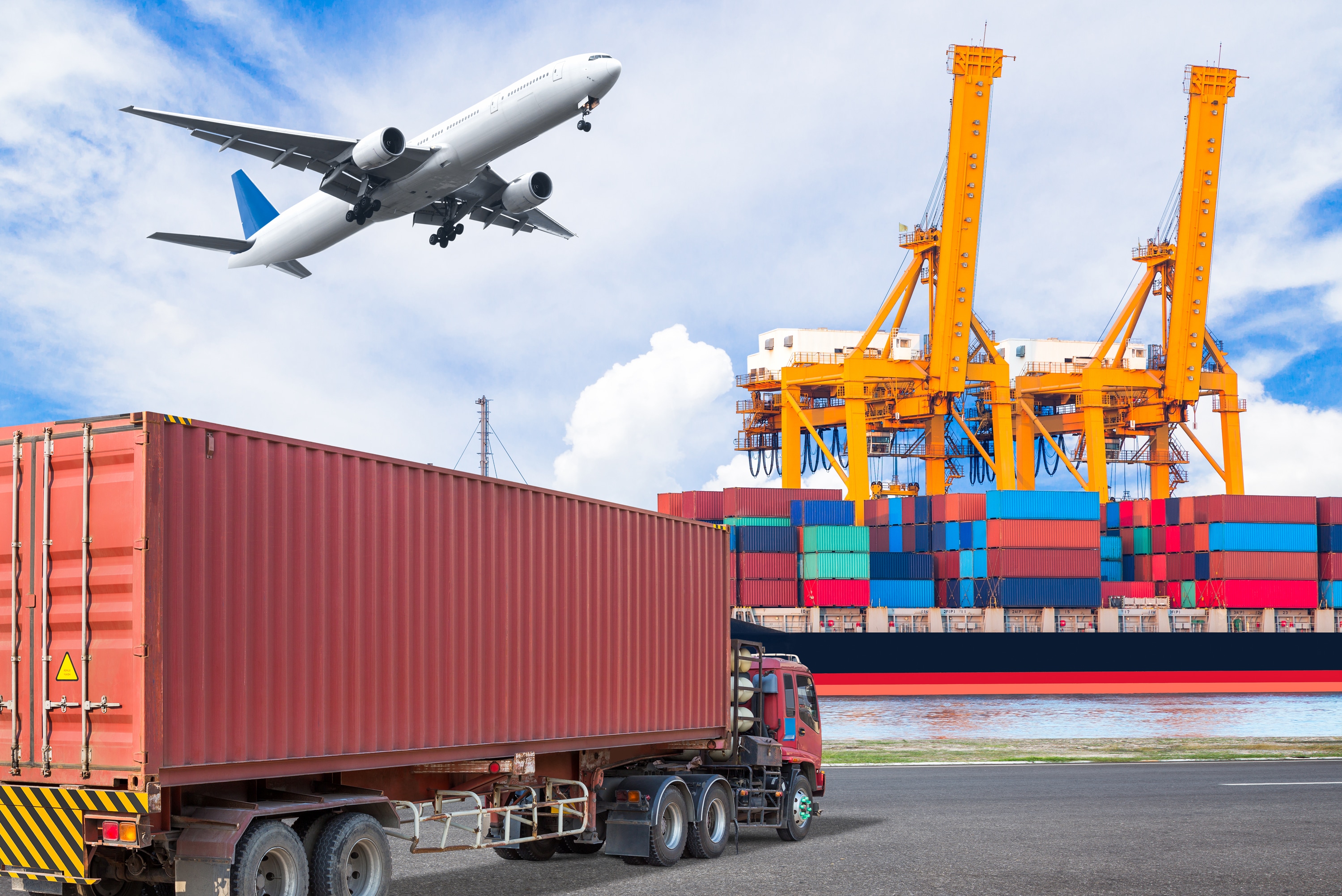India and the European Union are set to resume formal negotiations for the proposed free trade agreement (FTA). The EU is India’s third largest trading partner, accounting for €62.8 billion worth of trade in goods in 2020, with trade in goods having increased by 72% in the last decade.
Formal negotiations for FTA were stuck over stark differences between 2007 and 2013 after 16 rounds of talks as the EU insisted that India scrap or slash hefty import duties on sensitive products such as automobiles, alcoholic beverages and cheese, among others. India’s demand included greater access to the EU market for its skilled professionals.
Now, the situation has changed dramatically with Brexit, and experts say that the “attractiveness” of the EU as a large market has somewhat eroded. But it still remains an important export destination for India. The EU, including the UK, was India’s largest destination as a bloc in FY20, with a 17% share in the country’s overall exports. The UK accounted for 16% of India’s $53.7 billion exports to the EU in FY20.
Arpita Mukherjee, professor at ICRIER who specializes in trade and investment, at a virtual interaction organized by the Trade Promotion Council of India last week, highlighted the need for innovative solutions to break any potential logjam on critical issues. Such as for alcohol, Mukherjee proposed a threshold price for such products for tariff liberalization, as was done by Japan for Australian wines under the RCEP.
Mukherjee believes dairy is a complex issue since both the EU and India are already large producers. Automobiles present a different challenge as India’s existing FTA partners, such as Japan and South Korea, are already large producers, and they may seek a level-playing field if New Delhi extends greater market access to the EU.
Pralok Gupta, associate professor (services and investment) at the Centre for WTO Studies, said India’s demand for freer movement of skilled professionals (under Mode 4 of services) may face stiff resistance during negotiations; instead Mode 3 is easier to access. According to WTO, Mode 3 occurs when a service provider of one of its members offers a service through some form of commercial presence in the territory of another member. Gupta said getting physical presence in Mode 3 can ultimately simplify India’s goal of getting access to other modes of services.
Also Read: Life Insurance companies record 5-10 fold spike in claims for April 2021 related to COVID-19 deaths
Furthermore, RV Anuradha, partner at Clarus Law Associates, said the EU was seeking automatic recognition for a wide range of products, including wines, spirits, dairy and farm commodities. But any automatic recognition for its goods under the Indian GI Act will require legislative amendment by New Delhi.


Pingback: India reaffirms and values “freedom of expression” with G7 on “open societies” | The Plunge Daily